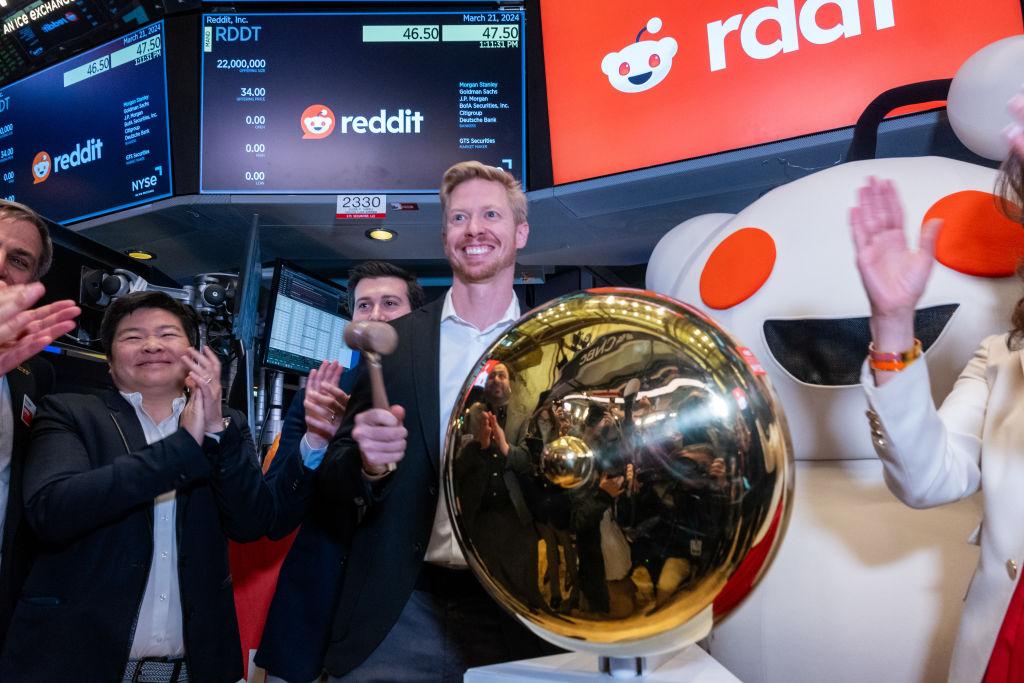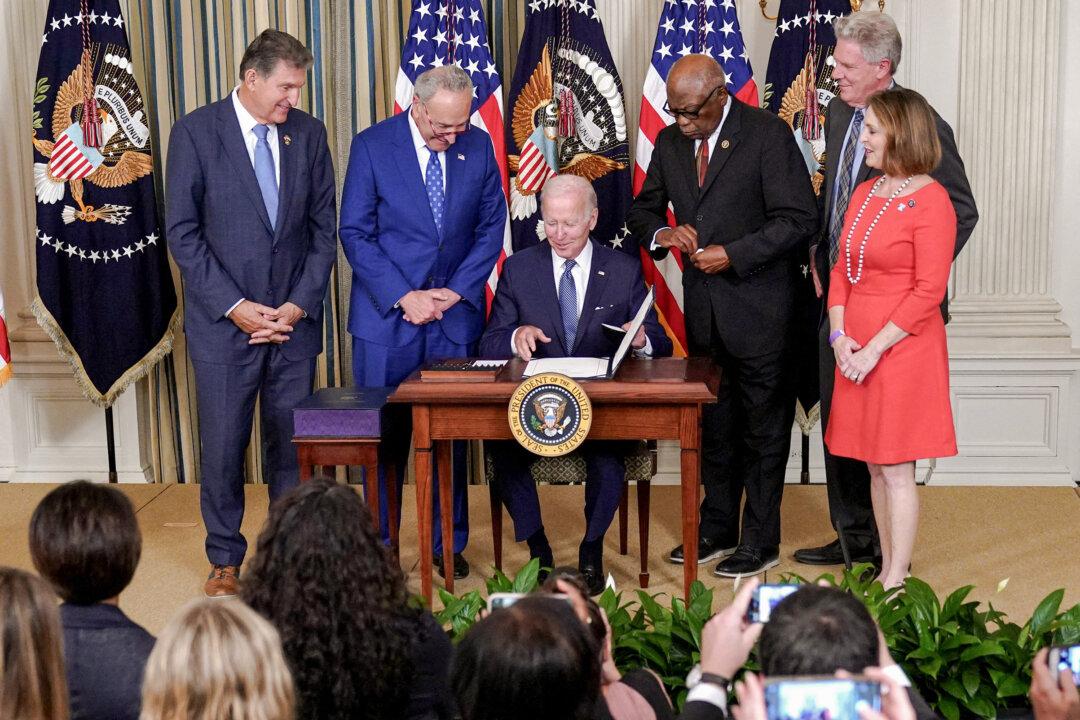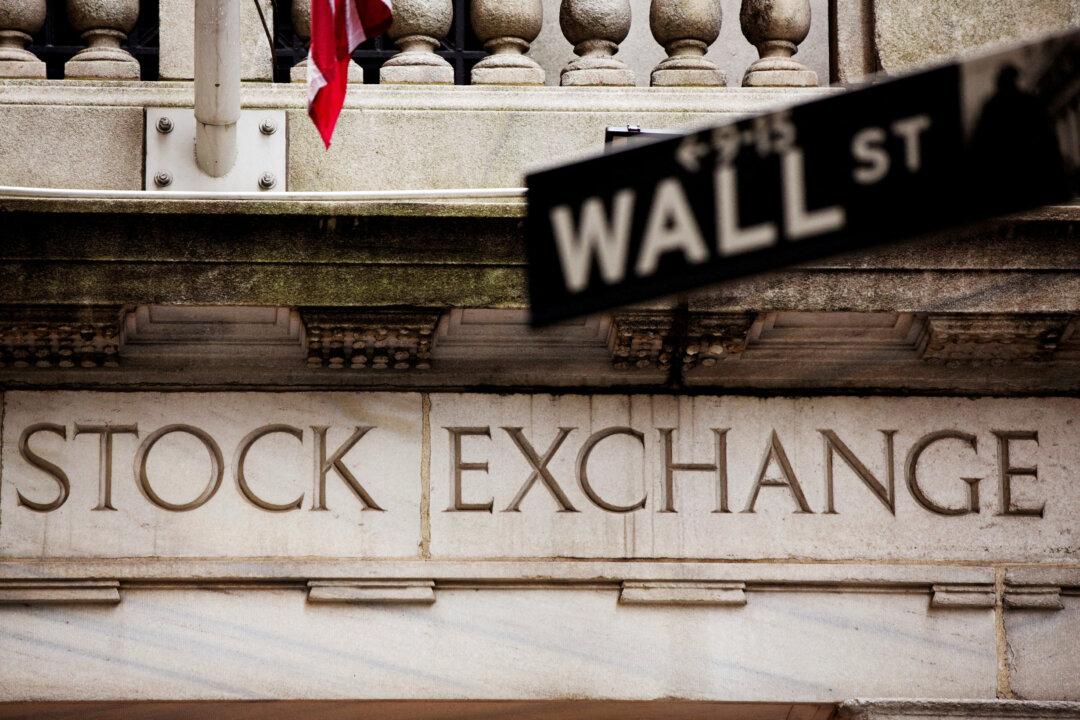Venture capital investment is down in the United States. The fundraising environment has become not only tougher for people in venture capital funds, but also for entrepreneurs looking to raise capital to build a business.
This matters a lot for the health of the U.S. economy.
Venture capital often gets a bum rap because it invests in crazy ideas.
“Well, I’d never invest in that because you knew it would lose money” is something you might hear around your kitchen table, and a lot of the time, that sentiment is right. Venture capitalists lose a lot of money investing in businesses that eventually fail.
By the way, when an entrepreneur takes an idea and turns it into a blowout business, the phenomenon generally contributes to a rise in the standards of living for human society. That’s why venture capital investment is important to you. Innovation needs to be funded. It just doesn’t happen randomly.
There are, however, a lot of reasons for lower investment. First is the increase in interest rates by the Federal Reserve. As interest rates have gone higher, the trade-offs between risks and rewards have changed. Of course, if you put your money in a bond fund, you will feel the bite of inflation immediately.
Second, from 2019 to 2021, venture capitalists raised record amounts of money. Many are flush with cash and don’t need to raise new funds. A lot of them have slowed down their investing pace as well. Given the five-year time horizon of most funds, expect that rate to pick up in 2024 and 2025, with a lot of funds coming into the market to raise new funds at the end of 2023.
Third, since 2010, many funds invested billions into cryptocurrency. That hasn’t panned out in any meaningful way yet. Last year’s FTX debacle gave the industry a black eye, and many limited partners are taking their time putting new capital to work in funds. When they do, they engage in a lot deeper due diligence trying to ascertain how the fund operates and makes decisions.
The other reason for lower investment is the stock market decline of 2022. Institutional investors are licking their wounds and trying to get a handle on the new investment environment. A good venture capitalist marked down the value of their portfolio in concert with the stock market breakdown.
What else is happening in venture capital?
Many funds have been raised in the past few years that are based on the premise of diversity, or on the environmental, social, and governance (ESG) agenda. It’s not only corporate boardrooms and BlackRock that have embraced the “woke capital” movement. Because these funds are investing in problems that can’t be solved, they mostly will fail.
It will take a couple of funding cycles for this thesis to prove out, but it likely will. When venture capital embraced green energy and government subsidies during the Obama administration, it didn’t end well for investors. The Biden administration is putting similar carrots in front of the noses of investors.
When fund managers invest in businesses that exist purely to build a business and generate net income on the bottom line, they do better, and society does better, too.






Friends Read Free